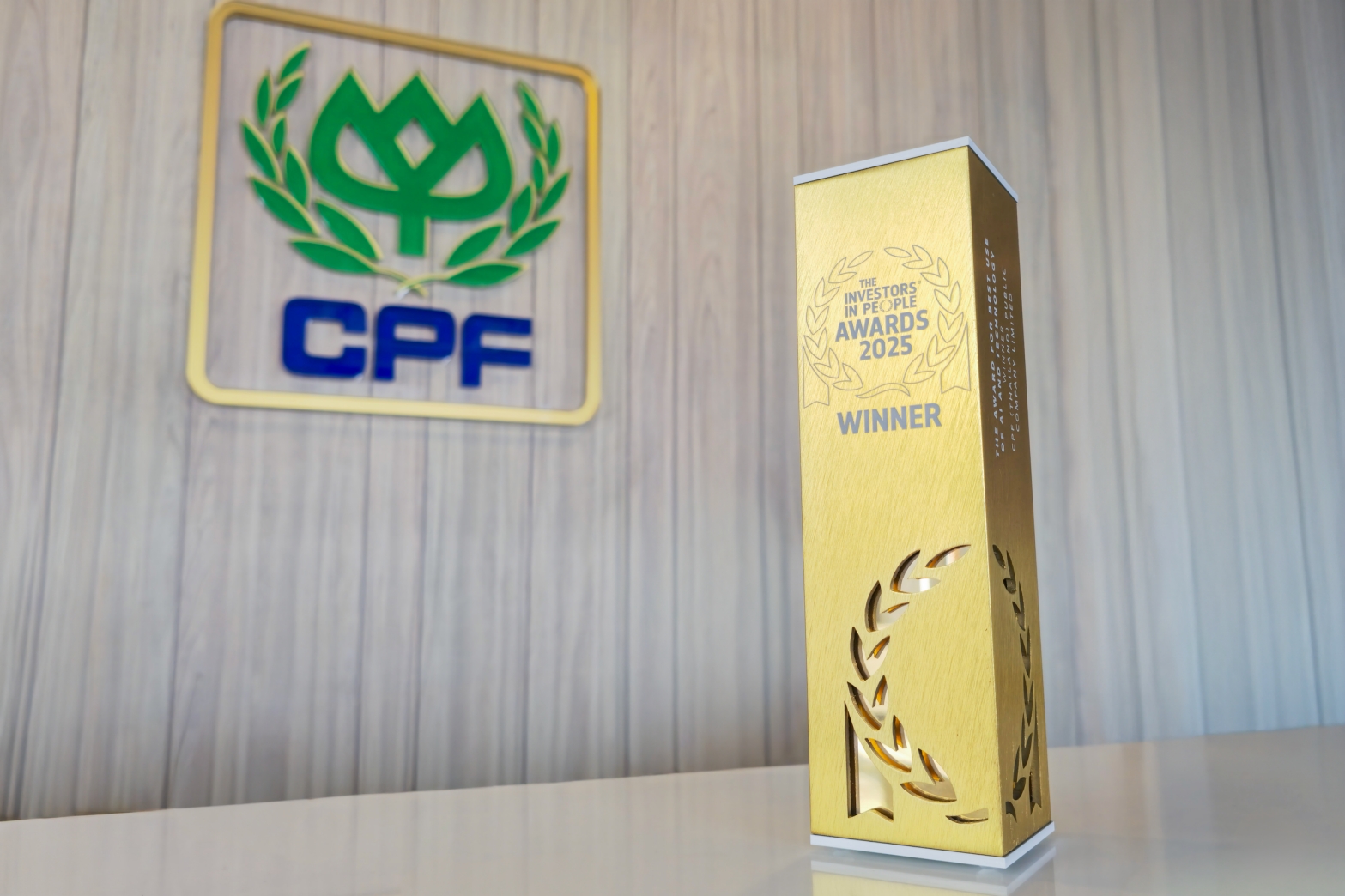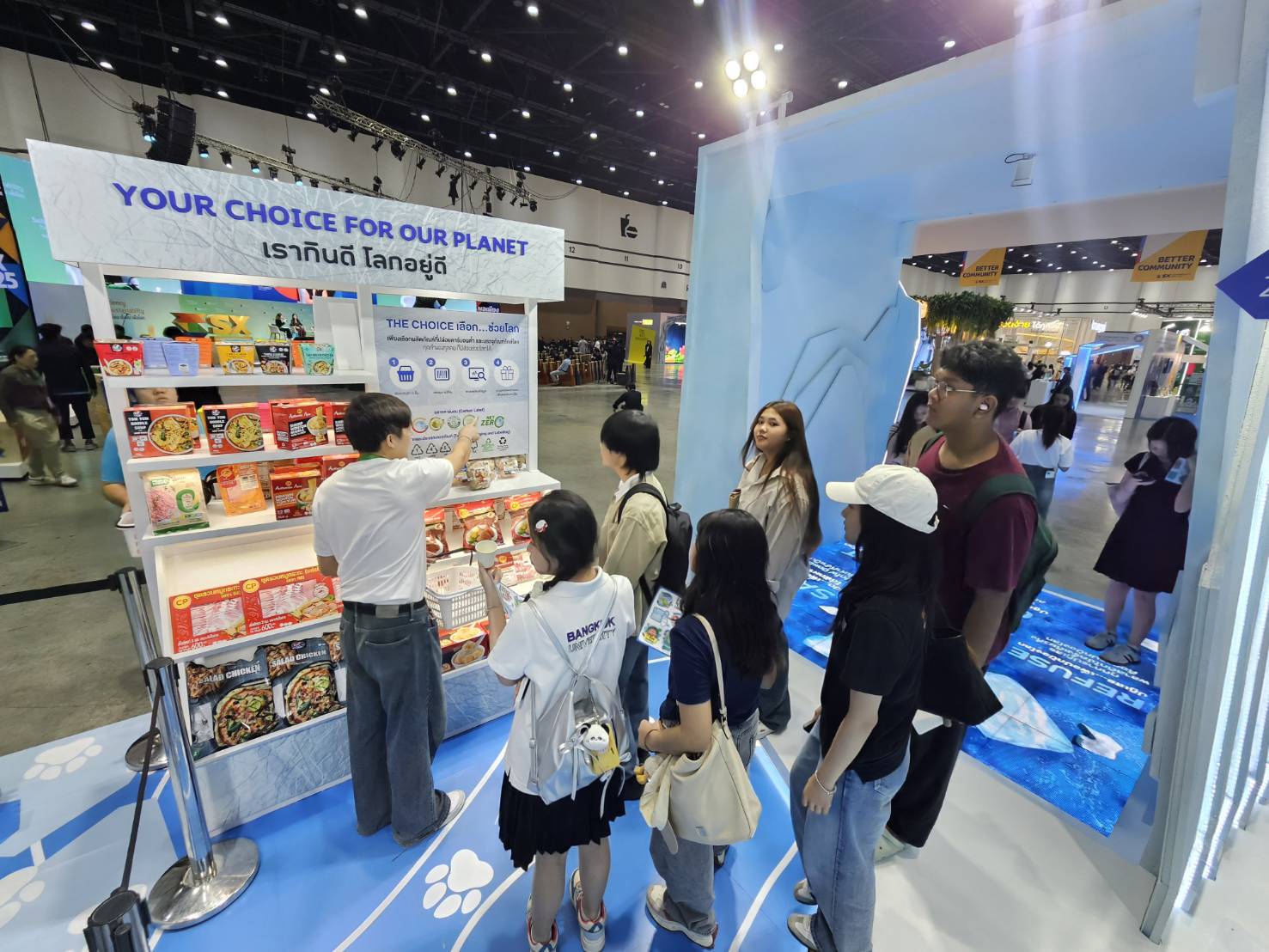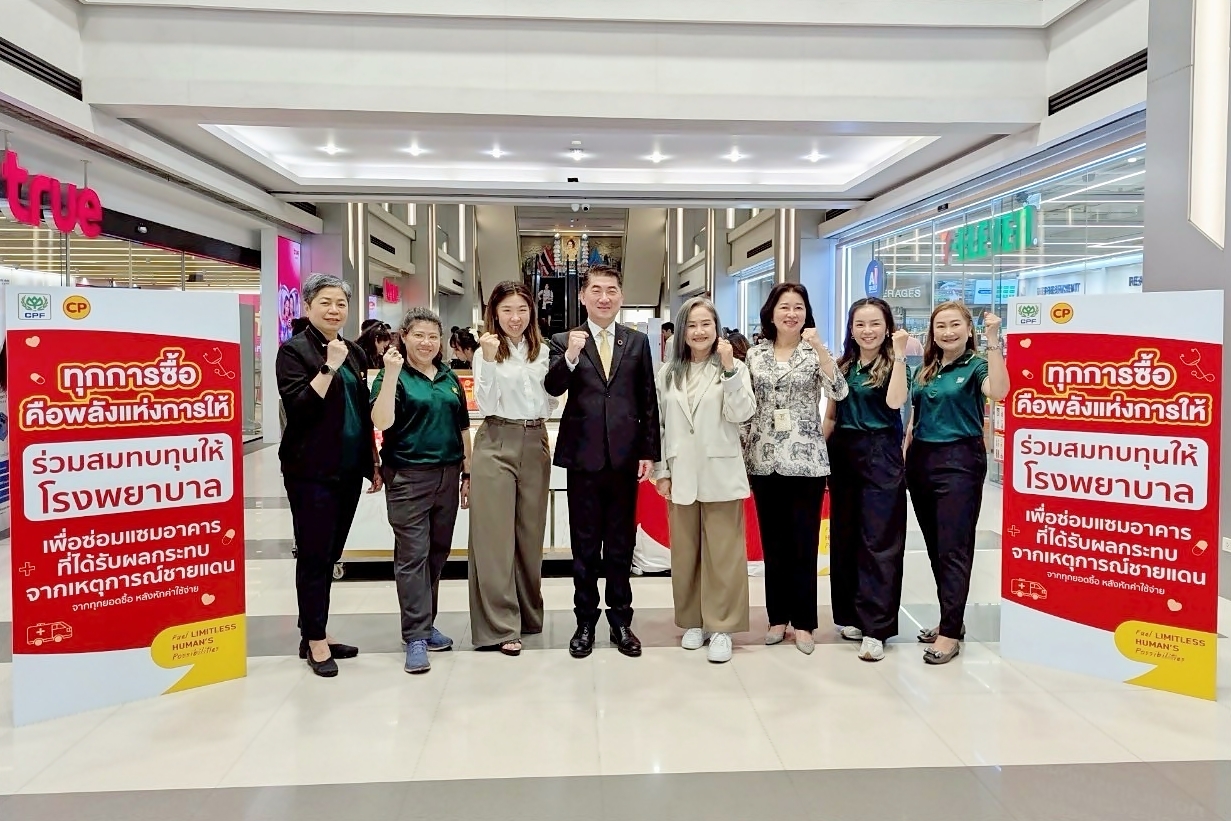

Charoen Pokphand Foods Public Company Limited (CPF) puts its emphasis on water usage efficiency and strives for continually-upgraded reuse methods to reduce impacts on the environment, nearby communities and the production process, under its commitment towards environmental conservation.
Mr.Virachai Ratanabanchuen, Chief Operating Office - Chicken Business of CPF, said the global water crisis tends to intensify: drought and floods alternatively cause damage, affecting people's ways of life. On this realization and as a chicken producer which demands a large volume of water in the processing, the company urges all processing plants to seriously enhance water usage efficiency to reduce the operational impacts on the environment. The 4Rs principles - reduce, reuse, recycle and replenish - have been exercised in the processing and operations, aside from the integrated water, energy, air and waste management policies.
At the plants, used water treated accordingly to the Department of Industrial Works' rules is reused for non-production purposes such as watering trees and grass fields, cleaning areas in the premises like roads and parking space. The reuse helps conserve the use of natural water. Meanwhile, new water treatment solutions are explored to allow reuse in the processing. Treated water is also shared with rice and vegetable farmers near the processing plants. In times of drought, the plants' raw water is distributed to nearby communities. For example, the plant in Nakhon Ratchasima financially supports a tap-water installation project for a community in Tambon Chokchai, Chokchai district, to help tackle water shortage in a sustainable way.
“The plants applies RO (reverse osmosis system) in filtering treated water. With enhanced quality, the water can be reused in the production process and for office uses, for example, for steam boilers, machine cooling, tree watering, floor cleaning, and non-food containers. This method reduces demand for raw water from external sources. We are also striving for new solutions to maximize water reuse,” he said.
CPF’s processing plants have also exercised integrated water and energy management policies. The Waste Water Biogas Capture and Utilization program is created, to maximize water utilization. The closed anaerobic treatment system replaces the open method, which treats water and concurrently produces methane gas which can substitute bunker oil and LPG in heating up steam boilers.
CPF has applied international-standard water risk evaluation and management tools, such as the ones by the World Business Council for Sustainable Development (WBCSD), to reduce water shortage risks and impacts on communities. Measures are in place in increasing reserve water from reliable sources, enhancing water-usage efficiency in all processes, planning water use in line with production plans, and designing contingency plans to cope with any possible shortage. These measures, part of sustainable water management, are to prevent production disruption and impacts on nearby communities.









